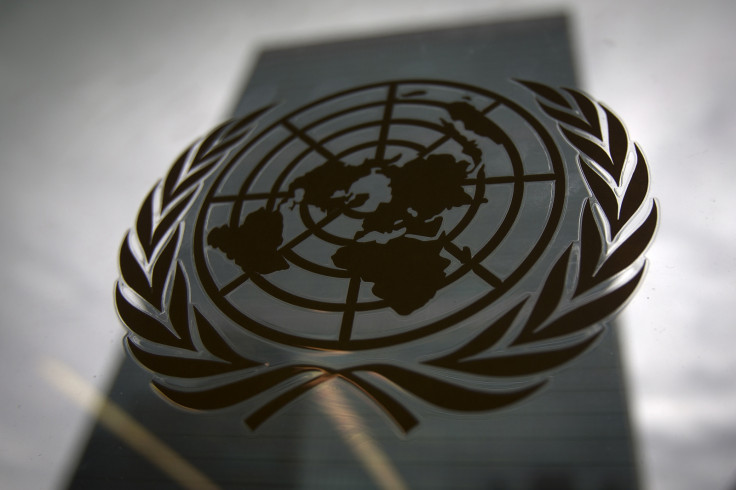Explosive UN Report Says Free Trade and Austerity are Thwarting Global Growth

The trade and development arm of the United Nations has called for a complete reworking of international economic policy, if global trade volumes are to return to their pre-crisis piece.
In a powerful new report, the United Nations Conference on Trade and Development (UNCTAD) calls for policymakers to revise some of the practices which have come to define the world's markets in recent years, including austerity, loosening of labour laws and cut-and-paste free trade agreements, which may all be combining to keep global demand low and to stymie the growth of developing economies.
Authors of the Trade and Development Report 2014 wrote: "Six years after the onset of the global financial crisis, international trade remains lacklustre. Merchandise trade grew at close to 2% in volume in 2012−2013 and the first few months of 2014, which is below the growth of global output. Trade in services increased somewhat faster, at around 5% in 2013, without significantly changing the overall picture."
This sluggish performance "contrasts sharply with the two decades preceding the crisis", when trade was growing twice as quickly as global GDP growth, with exports and imports more than doubling their share of GDP (from 13% to 27% in the developed world and 20% to 40% in the developing world).
UNCTAD accused governments of pursuing economic policy which fails to stimulate the low levels of aggregate demand, keeping both trade and GDP growth anaemic.
"International trade has not slowed down or remained quasi-stagnant because of higher trade barriers or supply-side difficulties; its slow growth is the result of weak global demand," said UNCTAD with the implication that the pursuit of multilateral free trade agreements, while ignoring the huge requirement for fiscal stimulus on domestic fronts is "lopsided".
"The way to expand trade at a global level is through a robust domestic-demand-led output recovery at the national level," the authors wrote.
There was a short period after the financial crisis during which developed world governments embarked on expansionary fiscal policies before returning to the "new normal", which consists largely of "a combination of fiscal austerity, wage containment and monetary expansion in the hope that increased investor confidence, labour market flexibility, greater competitiveness and the expected rehabilitation of banks' balance sheets".
This has left an unbalanced economic and financial system, whereby assets are overpriced, inequality rising and economic growth is low. "As such, the new normal has some obvious parallels with the conditions that led to the global financial crisis," the report said, saying that despite the rhetoric of politicians that we are living in unprecedented economic times, there is "nothing particularly 'new' about the current financial cycle affecting developing and transition economies".
With the negotiations over the Transatlantic Trade and Investment Partnership (TTIP) and the Trans-Pacific Partnership (TPP) at advanced stages and being prioritised by the respective regions and governments, another significant takeaway from the report is the declaration that emerging economies should be able to retain more control over their domestic policy, in the face of pressure from neo-liberal multilateral institutions and governments.
UNCTAD recommends that governments wishing to pursue economic stability should "carefully consider the risks in taking on such commitments", adding that "markets require a framework of rules, restraints and norms to operate effectively".
Essentially, the organisation is pouring scorn on the commonly-held western doctrine that free trade policies are the only kind that will stimulate growth and boost global commerce.
Rather than removing labour laws, governments should enforce minimum wages, which will in turn put more money in the pockets of consumers, thus boosting aggregate demand. The idea that trade agreements are essential in order to benefit from global supply chains is, according to UNCTAD, fallacious.
© Copyright IBTimes 2025. All rights reserved.






















